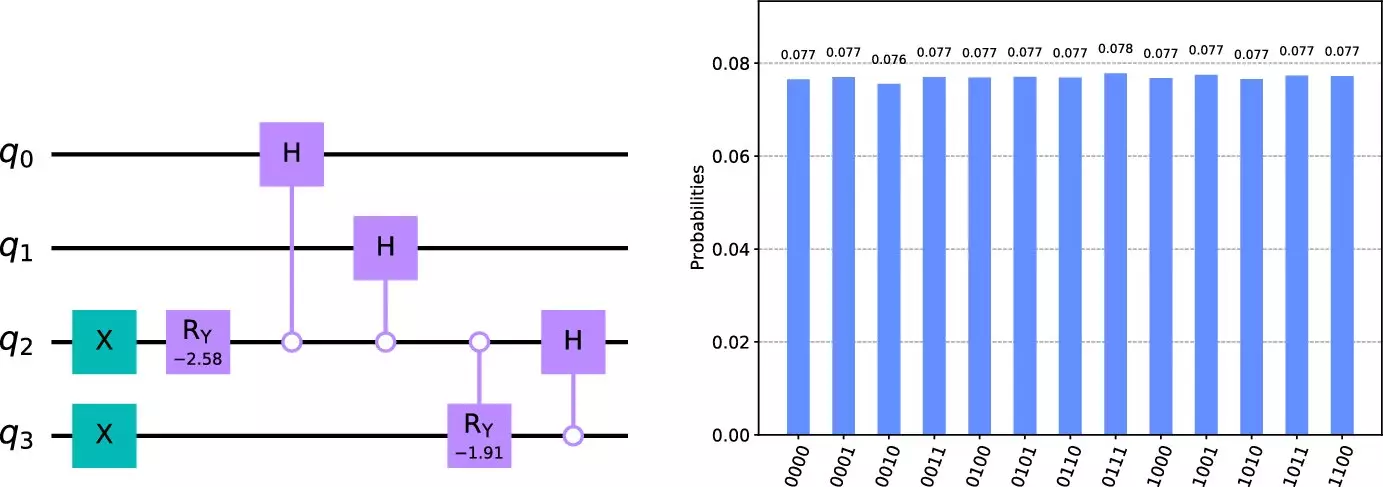The groundbreaking algorithm developed by Prakash Vedula, Ph.D., a distinguished professor at the University of Oklahoma School of Aerospace and Mechanical Engineering, has made its mark on the world of quantum computing. Known as the Shukla-Vedula algorithm, it has been integrated into advanced computing software by tech giants Google and IBM. This algorithm stands out for its exponential improvement over existing methods, particularly in the realm of quantum superposition states.
The Shukla-Vedula algorithm is not just a theoretical advancement but a practical tool with widespread applications in various fields. It plays a crucial role in quantum computing, with implications for quantum search, optimization, differential equation solutions, signal processing, cryptography, finance, and artificial intelligence. The efficiency and simplicity of this algorithm offer significant advantages over traditional methods, making it a valuable asset in both industry and academia.
Major players in quantum computing, such as Google and IBM, have recognized the value of the Shukla-Vedula algorithm and have incorporated it into their respective software platforms – Cirq and Qiskit. These platforms are widely utilized for their advanced capabilities, and the integration of this algorithm further highlights its importance. In fact, financial institutions like Goldman Sachs have already begun leveraging this algorithm for analyzing financial risks associated with derivatives.
Professor Vedula, the mastermind behind the algorithm, is optimistic about its future impact on the field of quantum computing. He believes that the Shukla-Vedula algorithm will drive significant advancements in various applications, opening up new possibilities for innovation. The exponential improvements offered by this algorithm without requiring additional resources make it a game-changer in the world of quantum computing.
The Shukla-Vedula algorithm represents a significant leap forward in the realm of quantum computing. Its integration into cutting-edge software platforms and adoption by industry leaders underscore its importance and potential impact. As this algorithm continues to gain traction and drive improvements in quantum computing applications, it is clear that we are entering an exciting era of innovation and discovery in this field.

